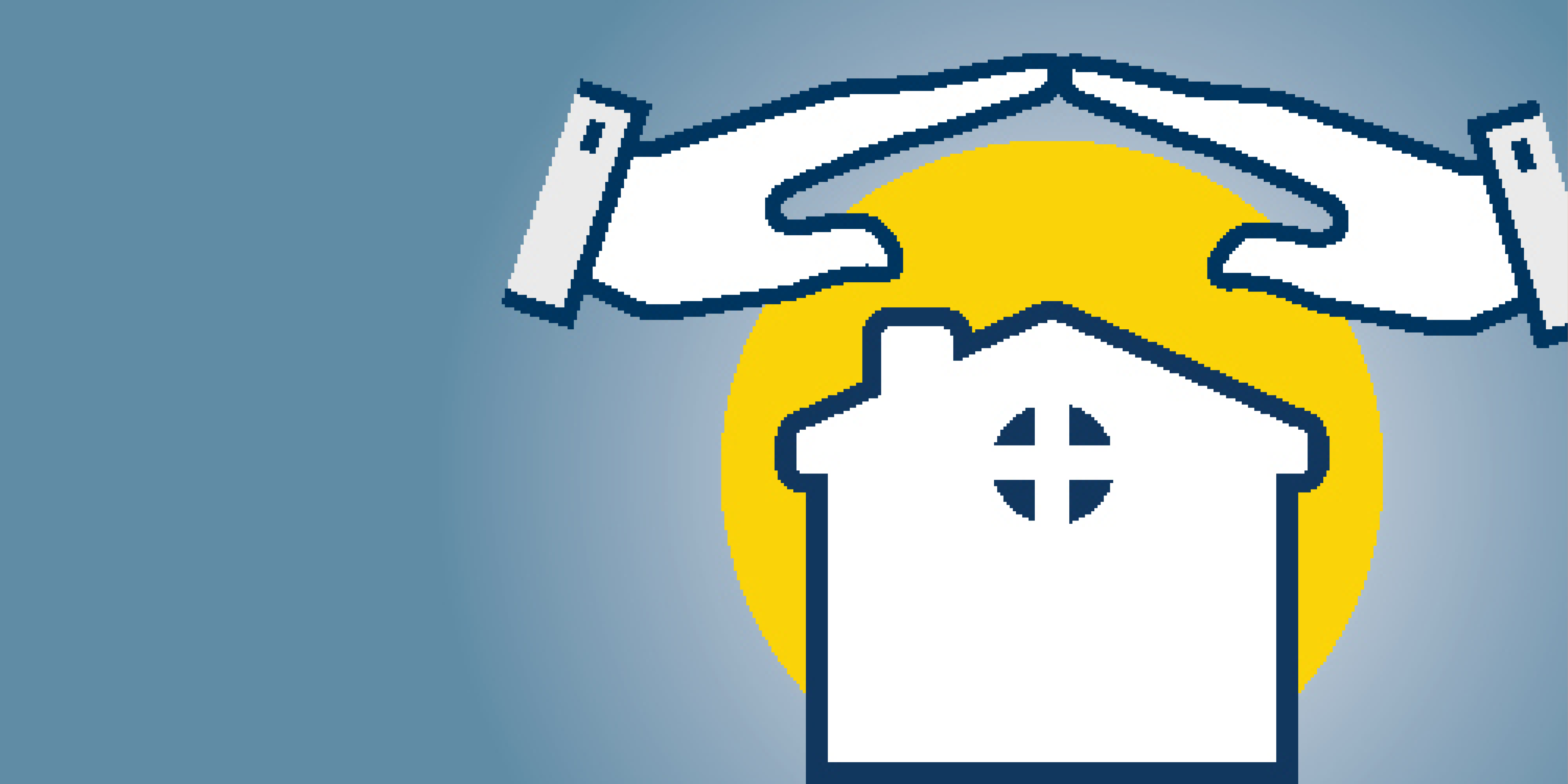Buying a home is exciting, but it’s also a big financial commitment. Having the right types of insurance can help you protect your investment. Here are five types you may need.
- Homeowners. Homeowners insurance pays to repair or replace your home and possessions if they’re damaged or destroyed by a covered event such as a fire or burglary. It also covers the cost of living expenses if you’re unable to stay in your home while it’s being repaired. To ensure you have enough coverage if disaster strikes, find out what the cost would be to rebuild your home. This is usually less than what you could sell it for because it doesn’t include the cost of the land. Then take a home inventory of all your possessions and determine how much it would cost to replace them.
- Earthquake. Basic homeowners insurance doesn’t cover damage caused by earthquakes. If you live in an area where earthquakes are common, you may want to consider getting this type of coverage.
- Flood. Homeowners insurance also doesn’t cover damage caused by flash floods or flooding that occurs as a result of hurricanes. If you live in a high-risk area, you may want to consider buying a separate flood insurance policy to protect your home and its contents. Depending on the type of mortgage you have, you may be required to purchase this type of coverage.
- Valuable articles. Most homeowners insurance policies cover valuables such as jewelry and antiques up to a certain amount. But that amount is typically low. If you have valuables in excess of the policy limit, it’s worth looking into getting additional coverage. Otherwise you may have to pay out-of-pocket to repair or replace items that are damaged or stolen.
- Private mortgage insurance (PMI). If you’re buying a home and putting less than a 20% down payment, your lender will likely require you to have PMI. The premium gets added to your mortgage payment each month and helps protect the lender if you’re unable to make your mortgage payment. Typically, when you owe less than 78% of your home’s value, PMI can be cancelled. Contact your lender for specifics related to cancellation of PMI.
If you have questions about the types of insurance that may be worth getting, reach out to your insurance agent, so you’re not caught off-guard if you need to file a claim.





